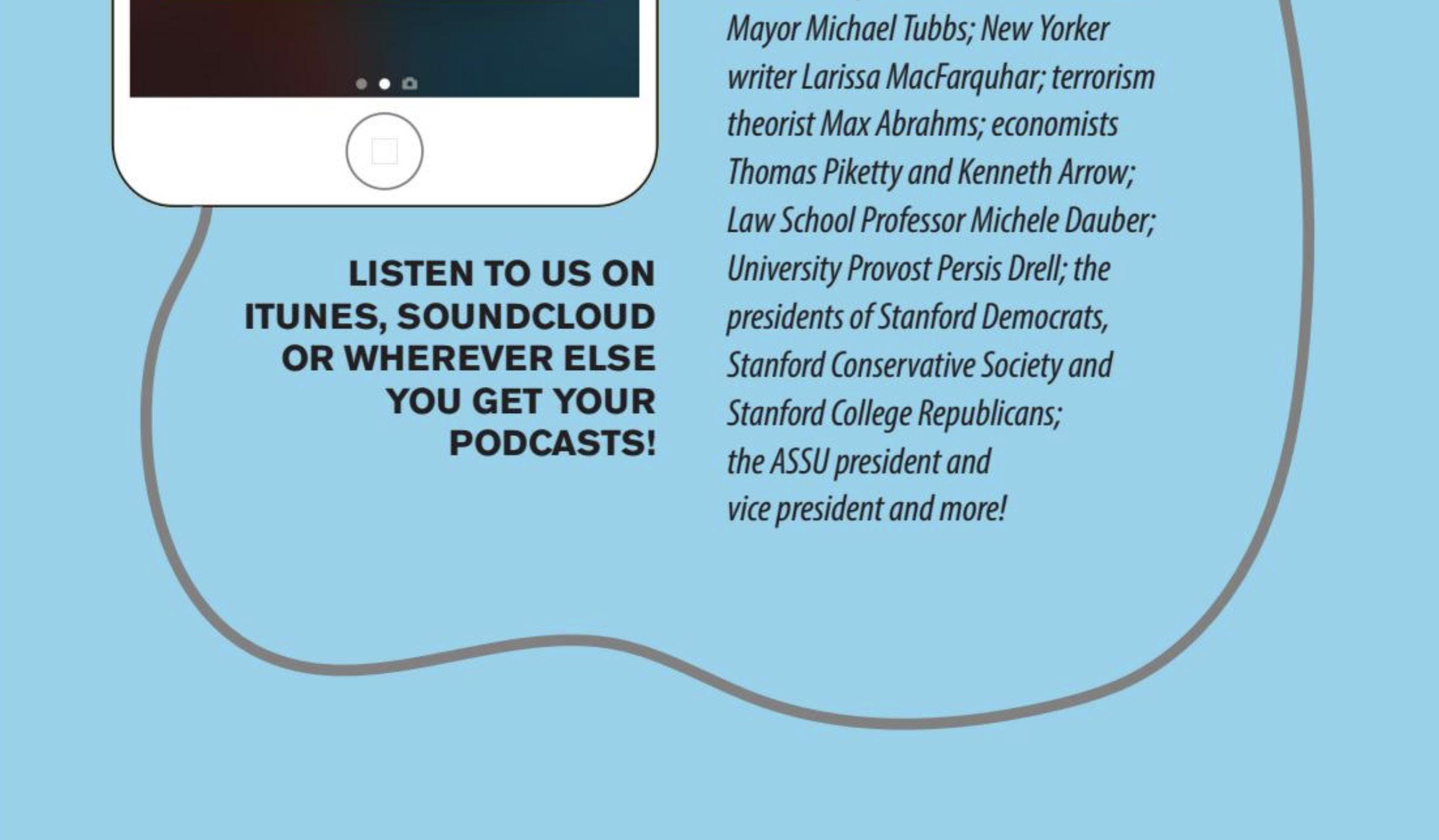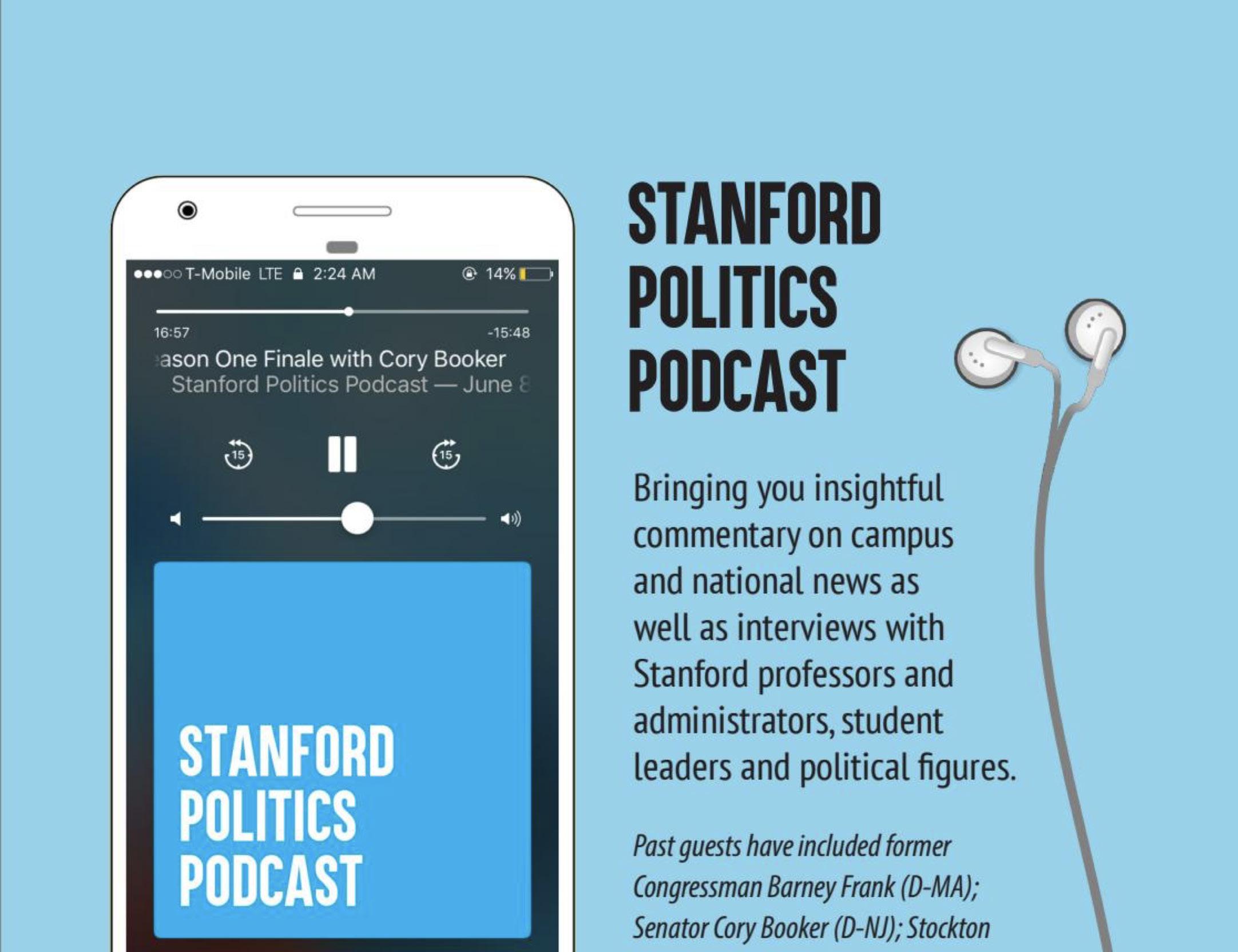
9 minute read
UNHOUSED AND UNEQUAL
HOW HOMELESSNESS UNDERMINES AMERICAN DEMOCRACY
Courtney Cooperman T wo weeks ago, the Centers for Disease Control and Prevention announced an eviction moratorium that extends through the end of 2020. The moratorium, which protects renters who can prove that they are facing economic hardship due to the pandemic, provides much-needed security for an estimated 30 to 40 million Americans at risk of eviction this autumn. According to some projections, without government intervention, homelessness could have risen by 45% this year alone, an alarming escalation of an already unconscionable crisis.
Advertisement
As the CDC order acknowledges, housing security is critical to public health. Without a stable place to stay, people are more likely to end up in congregate living arrangements, such as homeless shelters, where they face a greater risk of contracting COVID-19. When people are forcibly removed from their homes, they cannot comply with stayat-home orders. The eviction moratorium is a common-sense step to control the spread of the coronavirus and provide relief, albeit temporary, to those suffering its devastating economic impact. Perhaps less obviously, but no less critically, it is also a significant safeguard of political rights.
One of the strongest predictors of voter turnout is how long a person has lived in a particular place. In the 2018 midterm elections, just under twothirds of Americans who lived in their current residence for less than one year were registered to vote, and only 44% reported voting. In contrast, 84% of Americans who lived in their current residence for at least five years were registered to vote, and nearly 70% voted. This pattern makes intuitive sense: when a person changes their address, they need to update their voter registration, which is probably not topof-mind when getting settled into a new residence. Add in the trauma of an eviction and heightened anxieties about the pandemic, and it’s unlikely that this year’s election will take priority for someone who is forced out of their home. Evictions also impede access to mail-in ballots, as voters may have their ballots delivered to addresses where they are no longer living. A wave of evictions would certainly suppress participation in the 2020 election, driving down turnout among renters and low-income citizens, who are already less likely to vote.
The CDC’s order, if enacted effectively, will protect tens of millions of people from eviction and its disenfranchising consequences. However, an eviction moratorium provides little comfort to the half-million Americans who are already experiencing homelessness on any given night. More than
200,000 unhoused people in the United States are over the Raquel was staying in a shelter program that rotates among age of 50. According to some research, unhoused people age multiple houses of worship, so she did not have a fixed place an average of 15 to 20 years faster than housed people, and of residence. It took multiple phone calls to get through to they are more susceptible to life-threatening complications someone at the county election office that could accuratefrom respiratory illnesses. Although people experiencing ly explain the process of voter registration for someone in homelessness are therefore disproportionately vulnerable to her situation. Eugene, a man experiencing homelessness in COVID-19, they are less likely to have access to safe voting Washington, D.C., cited a similar problem: many shelters options, since they may not have a consistent mailing adoperate on a first-come, first-serve basis, so people experidress. This November, many unhoused people who wish to encing homelessness do not know where they will be staying vote will have no choice but to on any given night, and thererisk their health and show up fore do not know which adat the polls. “THESE RULES...FAIL TO RESPECT dress to use on their voter Even in a typical year, homelessness can make it THE MORAL AUTHORITY OF PEOPLE registration forms. This poses an especially significant probmuch more complicated to participate in the democratic EXPERIENCING HOMELESSNESS.” lem for mail-in voters, whose ballots might get delivered to a process. People without resdifferent shelter from the one idential addresses have the they are currently staying in. right to vote, but often face significant obstacles when they The issue of homelessness and political exclusion long attempt to do so. The National Voter Registration Form precedes the pandemic, and the difficulty of voter registrainstructs citizens who “live in a rural area but do not have tion without a permanent address is just one dimension of a street number” or “do not have an address” to designate the problem. Voter suppression tactics, such as strict voter where they live on a blank map. However, election adminisID requirements, disproportionately burden the unhoused tration is handled at the state level, which creates disparities population. Without a safe place to store their belongings, in the ways that states process these non-traditional voter people experiencing homelessness are at greater risk of losregistrations. In many states, registrants that submit a diaing their personal identification. Documents are sometimes gram, description, or shelter address in lieu of a home adseized by police in homeless encampment sweeps, or thrown dress can show up on Election Day and vote without further out when a tenant is evicted. Replacing an ID card requires question. Other states, however, require additional verificaproof of identity or permanent residence, which many untion that they are staying in the place where they registered. housed people do not have. This leaves unhoused citizens In Wisconsin, an unhoused person requires a “proof of resunable to enter government buildings or fulfill voter ID idence” letter from a shelter or social service provider in orrequirements, which undermines access to social service der to cast a ballot. In Minnesota, to register at their polling agencies and to the voting booth. place on Election Day, a person experiencing homelessness Homelessness not only makes it more difficult to vote, must bring another registered voter from their precinct or a but also dampens participation in other elements of politishelter staff person to sign an oath confirming their current cal life. Many elected officials work in government buildings dwelling place. These rules not only create logistical barrithat require an ID to enter. In Eugene’s experience, some faers to voter registration among unhoused citizens, but also cilities also limit the number of bags that a person can bring fail to respect the moral autonomy of people experiencing inside. These policies can bar unhoused people from public homelessness. The state indicates that it does not trust unmeetings, as a person cannot leave behind his or her belonghoused voters to attest to their own eligibility, and questions ings to enter a building when he or she does not have access their membership in the political community. to storage. In some instances, when unhoused people show
Even in states that do not impose such burdensome reup in civic spaces, public officials view them as a problem quirements, voter registration is not always a smooth proto be managed, not a constituency to be respected. I spoke cess for people experiencing homelessness. Only 20 state with a community organizer in the Bay Area who brought a election websites provide any specific information for ungroup of housed and unhoused Menlo Park residents to adhoused voters, leaving some unhoused people uncertain of vocate at a city council meeting. Some of the unhoused parwhether they are eligible, and if so, how to go about registicipants reported that, when they had previously attempted tering. In my honors thesis research on homelessness and to attend a city council meeting without the accompaniment political participation, I spoke with Raquel, a woman who of housed community members, the sheriff turned them is experiencing homelessness in the Bay Area. (Sources away at the door. Raquel spoke of a similar experience: when agreed to be interviewed on the condition of anonymity, so she tried to bring a petition to Palo Alto City Hall, the police all names have been changed to pseudonyms). At the time, prevented her from entering. 511
Even in public forums, law enforcement sometimes treats unhoused people as potential criminals, not equal citizens. Fearing that they will be mocked or disrespected, many people experiencing homelessness decide not to show up in the first place. Sam, a formerly unhoused man who eventually became a vocal homeless rights advocate in the Bay Area, spoke of his initial reluctance to get involved in community affairs once he became homeless: “It was the last thing on my mind... being politically active and shouting about homelessness. I didn’t feel up to it, I didn’t want to advertise that I was homeless.” The social stigma attached to homelessness—conveyed when passersby avoid eye contact or shout demeaning remarks, public officials use degrading rhetoric about unhoused people, or family members cut ties—makes unhoused people feel unworthy of contributing to public life and doubtful that anyone will treat them with dignity in civic spaces.
The political exclusion of unhoused people echoes a deep-rooted skepticism of “transients” in American democracy. Historically, the right to vote was tied to property ownership—a restriction that traces back to medieval Britain. Only those who had “a permanent attachment to society and the state,” as property signified, were trusted to make political decisions. Ten of the thirteen colonies had property requirements for suffrage at the time of the signing of the Constitution. Although the last formal property requirements in the United States were eliminated in the 1850s, American democracy still operates on a system of place-based political rights. We are only eligible to vote in the location that we call our residence—commonly understood to mean a place where we have an enduring connection and intention to return. From the perspective of democratic theory, this system serves a legitimate purpose. If people are to have a say in the policy decisions that govern their own lives, and political affairs are carried out at various geographic subunits, then it is justifiable to allocate political rights according to residency.
This system, however, assumes that all citizens have stable ties to a physical location and can claim belonging to its corresponding political community. When people experience homelessness, they are denied meaningful control over their place of residence. They may be shuffled around from shelter to shelter, coerced out of parks where they normally sleep, or forced to move their cars in the middle of the night. Given the importance of residency in American democracy, any event that coerces someone out of their living space—an eviction, an ordinance against outdoor sleeping, a vehicular dwelling ban—corrodes their political rights, too.
Viewed in this light, the CDC’s eviction moratorium is not just a public health measure: it is an important defense against widespread disenfranchisement. But this order is temporary, and its impact is limited. People experiencing homelessness will still struggle to safely participate in the political process and be treated as civic equals. The alarming prospect of mass displacement in the leadup to the 2020 election—a crisis scenario averted by federal intervention—should raise concern about the connection between housing insecurity and political exclusion, a problem that will persist in the aftermath of the pandemic. A system that ties residency to political rights, without guaranteeing that every person has a stable place to stay, fails to live up to the ideal of political equality. Looking beyond 2020, we must pursue deeper, long-term reforms that treat homelessness and housing insecurity not only as issues of public health and human rights, but also, as threats to the promise of equal citizenship that lies at the heart of American democracy.
Courtney Cooperman ‘20 studied Political Science and graduated from Stanford this past spring.






